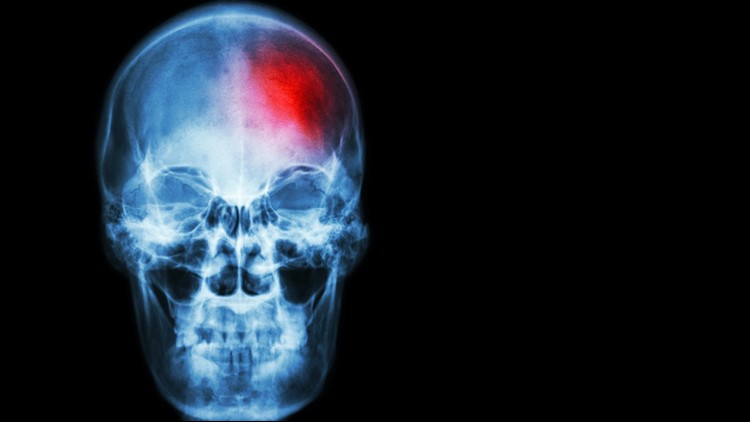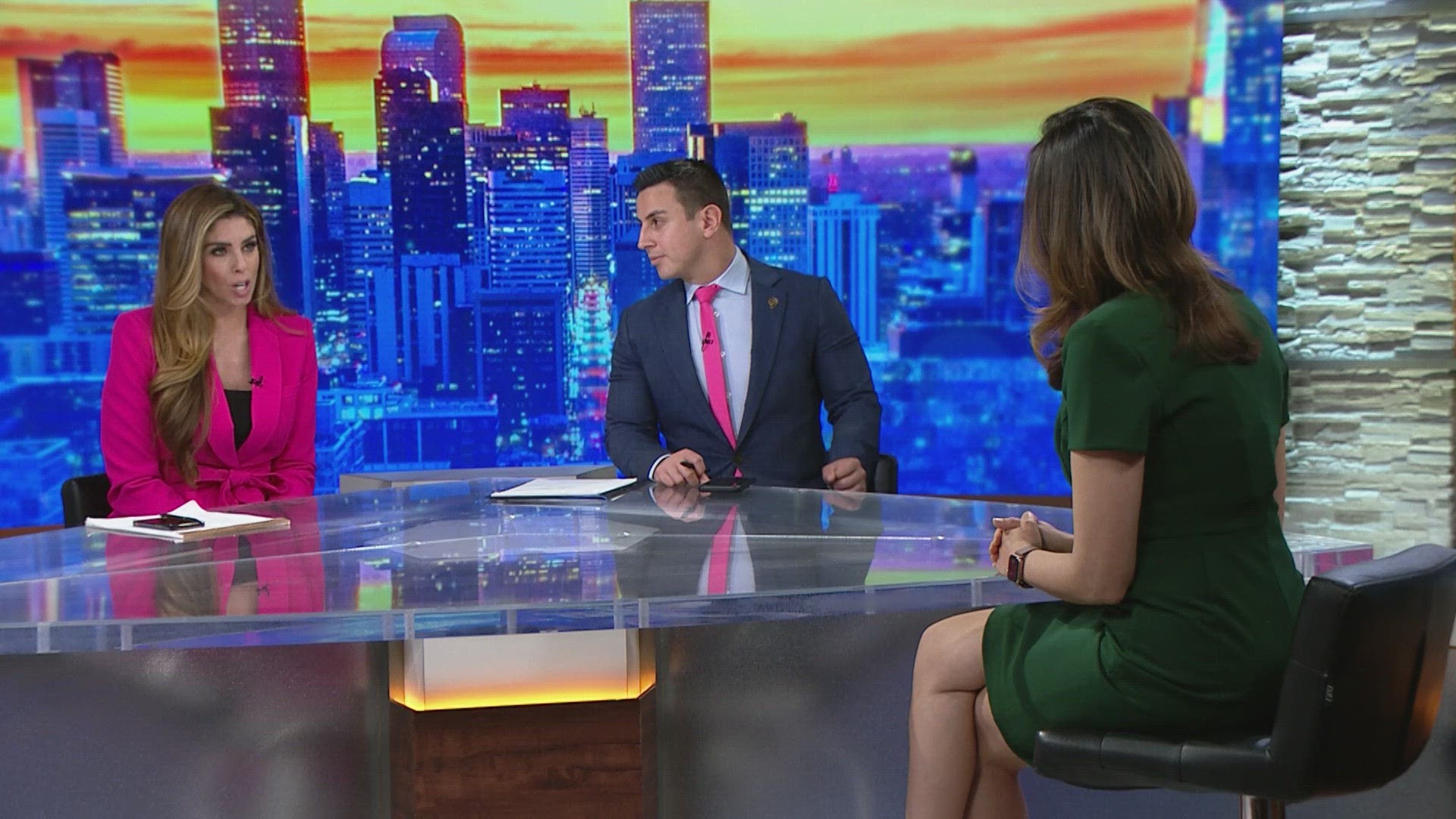KUSA — A new study released in the Journal of the American Medical Association looked at the link between head injuries and suicide risk.
Researchers in Denmark examined 35 years of health registry data for 7.4 million people - ages 10 years and older - to look at the link between traumatic brain injury and suicide risk.
Traumatic brain injury is a catch-all term that can describe minor head injuries like concussion to skull fractures and severe bleeding in the brain. Overall, people who had had a TBI were almost two times more likely to commit suicide.
The more severe the brain injury, the higher the risk was for suicide. But, even people with mild TBI still had a higher risk for committing suicide. The greatest risk for suicide was within the first 6 months of the event, but the risk for suicide was still higher up to seven years after the injury.
How common are TBI and who is at risk?
According to the Centers for Disease Control, there are approximately 2.5 million emergency department visits per year for traumatic brain injuries. This is probably a low estimate because it does not consider the people who never go to the ER, who may see their own doctor, or go for other complaints later (e.g. headaches, difficulty concentrating).
Children 0-4 years old, adolescents 15-19 years old and older adults 75 years and older are most at-risk. But with more and more kids playing sports, we are starting to see concussions being more recognized and diagnosed especially in our soccer, lacrosse, wrestling, basketball and football players.
Link between TBI and suicide
The brain is a squishy thing housed within a thick skull. When a person has a traumatic brain injury, the brain is rattling around this hard shell. Brain injuries, even mild ones, can cause fatigue, sleepiness, headaches, dizziness and nerve issues as a start. They can also affect a person’s ability to concentrate, their mood and change the way in which they can control their own emotions and behavior.
We still have so much to learn about how the brain neurons are affected by injuries, especially repetitive injuries.
Be on the lookout for any signs and symptoms of mood change, behavioral issues, depression, anxiety, not acting normally, or drinking/using drugs. If you see or hear anything of concern, get medical help immediately. It’s amazing how often family and friends will say that they noticed changes but did not want to hurt the person’s feelings or interfere or be nosey. This is not the case. Do what you can to get the person to help as soon as possible.



